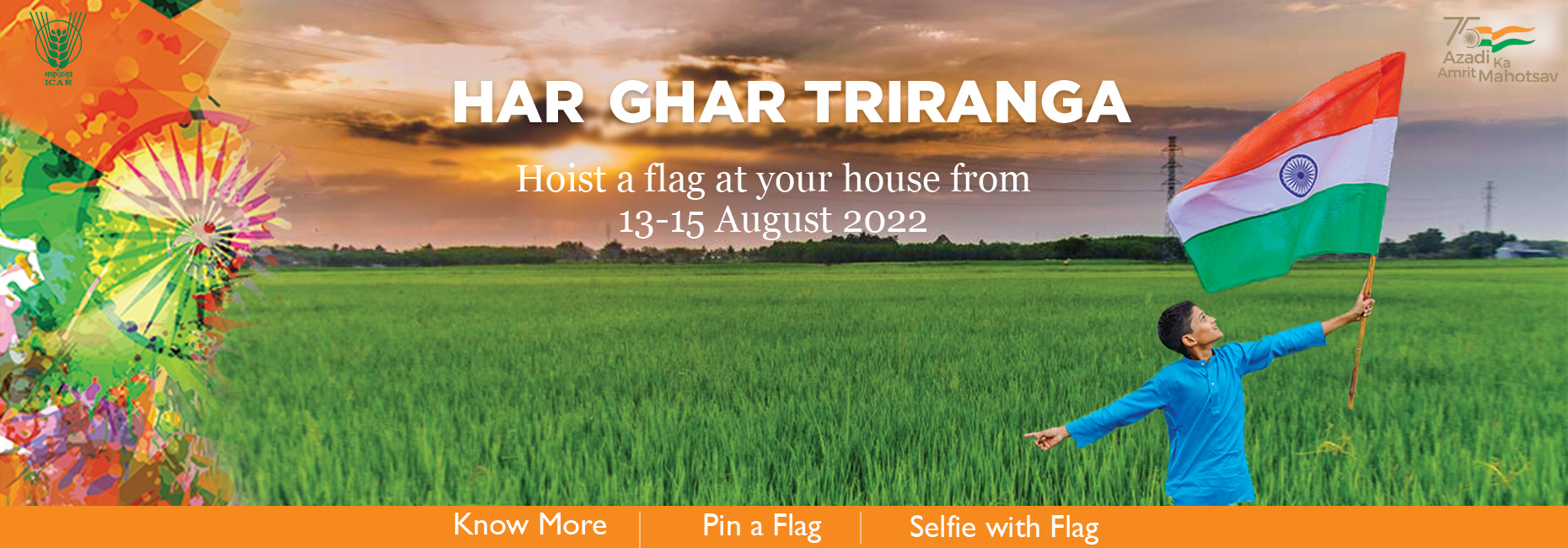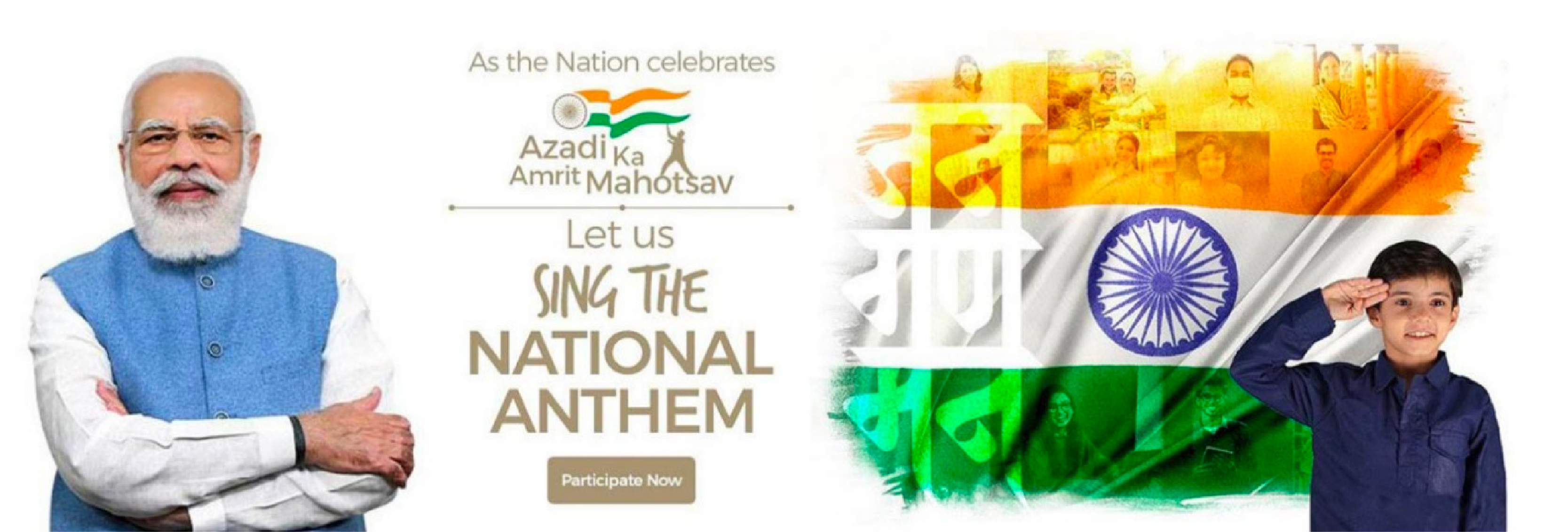Shri Radha Mohan Singh, Union Agriculture Minister addresses the 39th session of Conference of Food and Agriculture Organisation of the United Nations, today at Rome, Italy.
The full text is as follows:
“Mr. Chairperson, Distinguished Delegates and dear Friends.
Address of Shri Radha Mohan Singh, Union Agriculture Minister at Conference of FAO at Rome on 8th June 2015
I am delighted to address this august gathering and share with you our experiences in agricultural development and views on the work plan proposed by FAO for the next two years.
However, before I do so, let me take the opportunity to congratulate Mr.Graziano da Silva on his election as DG, FAO for a second term a couple of days back. The unanimous election itself is a testimony to the faith reposed by member nations in his leadership and vision. Let me also take this opportunity to congratulate FAO on successfully completing 70 dedicated years in the service of the poor, marginalised and hungry.
It will be remiss on my part if I do not thank the DG, FAO and his entire team for the excellent arrangements for this conference and for introducing an agenda that highlights the major issues affecting global food security and agricultural development. This conference would, I am sure, serve as the primary global platform for sharing development experiences and knowledge from different countries. I am sure the deliberations here and the outcomes would strengthen FAO in fulfilling its mandate of achieving food and nutritional security for all.
India has to support 17% of the world’s population on just 2.4% of its geographical area and we are conscious of our need for sustainable agricultural development keeping the interest of future generations in mind. Agriculture continues to be a vital component of India’s economy contributing over 16 per cent of India’s GDP in 2014-15 and providing employment to the majority (55%) of its population. Indian agriculture has achieved self sufficiency and today takes pride in not only meeting the needs of our population but also playing a major role in agricultural trade.
India is one among the 15 leading exporters of agricultural products in the world with significant exports of cotton, rice, meat, oil meals and sugar. Export competitiveness has also been developed in specialized agricultural products like basmati rice, guar gum and castor.
Responding to shifts in consumption pattern of India’s consumers towards high value crops as well as fruit, vegetables and meat, and the price signals emanating from this shift, Indian farmers have began to switch from food-grains to more remunerative and high value crops as well as horticulture and livestock. This in turn has led to increased requirements for investment in agriculture in general and post harvest infrastructure, processing facilities & warehousing in particular. Realising the need to support the farmers and combat the negative impact of climate change and also to safeguard their production from adverse impact of declining international commodity prices, Government of India has launched major programmes for revival of public investment in agriculture, both through targeted schemes of the federal government as well as through greater devolution of resources to the provincial governments. Targeted support to farmers at large and women and small scale family farmers in particular, marginalised and vulnerable sections of the society and the poor through rationalization of subsidies combined with better social safety net through insurance and universal financial inclusion is the cornerstone of our intervention strategy.
In keeping with UN declaration of 2015 as the Year of Soils, and understanding the need to conserve the most primary source of production – soil, we have launched new measures to provide Soil Health Cards to all farmers in the country in a time bound manner. This countrywide exercise in which we intend issuing more than 14 crores cards over a period of 3 years will go a long way in further increasing the production and productivity of Indian agriculture.
At the same time, National Food Security Act has been enacted with the objective of providing food and nutritional security to all by ensuring access to adequate quantity of quality food at affordable prices. At last years’ Committee on World Food Security (CFS) we have already made a presentation on the salient features of the Act to the membership and I will desist from reiterating them here. The Act whose implementation costs our government over 20 billion US dollars has already started showing positive results in combating hunger and malnutrition and is the base on which we have build our intervention strategy to fulfil our commitments to the Rome Declaration under International Conference on Nutrition (ICN) last November.
There is no doubt that sustaining an overall agricultural growth rate of about 4 percent over long years is a major challenge in the face of stagnating productivity levels combined with increasing abiotic and biotic stresses which constrain crop yields. We need to focus on research products that can provide us break through in yields which can be made accessible and affordable for different categories of farmers and for this purpose there is an urgent need to further strengthen the CGIAR institutions to generate technology innovations that can be further up-scaled by national agricultural research systems. FAO must play a vital role in this. FAO remains the premier knowledge depository and partner for its member states in addressing the emerging challenges in agricultural development. It not only provides us with the platform for knowledge sharing and technical support, its initiatives through the various technical cooperation programmes that are oriented to national needs deserve special commendation. However, FAO’s role in India and other such Middle Income Countries needs to be reworked and a symbiotic relationship established for an effective partnership ahead. We are glad that FAO is already thinking on these lines and this is reflected in their Medium Term Plan (MTP) and Programme of Work and Budget (PWB).
The MTP and PWB come as a breath of fresh air. The Management has made an honest attempt to list areas of priority and areas of de-emphasis in the document. This is most welcome as it helps us understand and appreciate the way forward and also helps us provide relevant inputs. We commend the Management for this.
We would also like to commend FAO and all the member countries for having reached a consensus on the budget level during the Council meeting, a first for FAO. While we are all happy with this development, I feel it is necessary to flag the need for member nations to appreciate the financial constraints which we have placed on FAO while demanding enhanced performance from it with every passing year. I think the time has come for all of us to reconsider the zero nominal growth model which we have chosen for FAO.
In conclusion, I would like to inform that agricultural growth remains one of the top most priorities for our Government and we are addressing the concerns of our farming community with renewed focus on public and private investments to provide infrastructure, ensure technology transfer to farmers, generate employment both on and off the fields and to sustain agricultural development as well as to strengthen the country’s nutritional and food security. We are committed to our farmers, especially small scale family farmers and women farmers and look forward to a fruitful partnership with FAO and with all of you as we dedicate ourselves to the commitment of eradicating hunger and malnutrition with our lifetime.
I wish the conference success in its deliberations.
Thank you.”







 कृषि अनुसंधान एवं शिक्षा विभाग
Department of
कृषि अनुसंधान एवं शिक्षा विभाग
Department of










